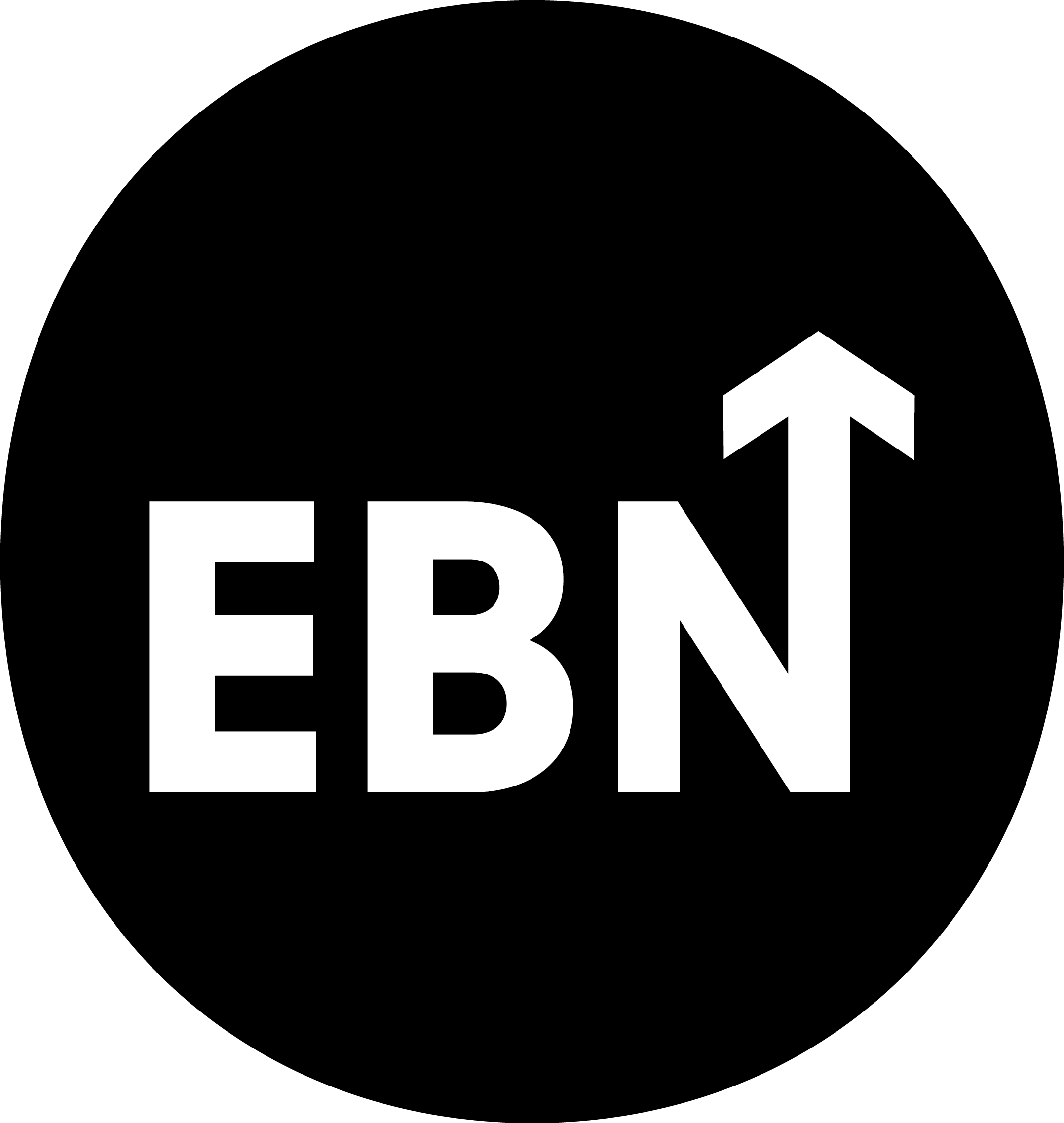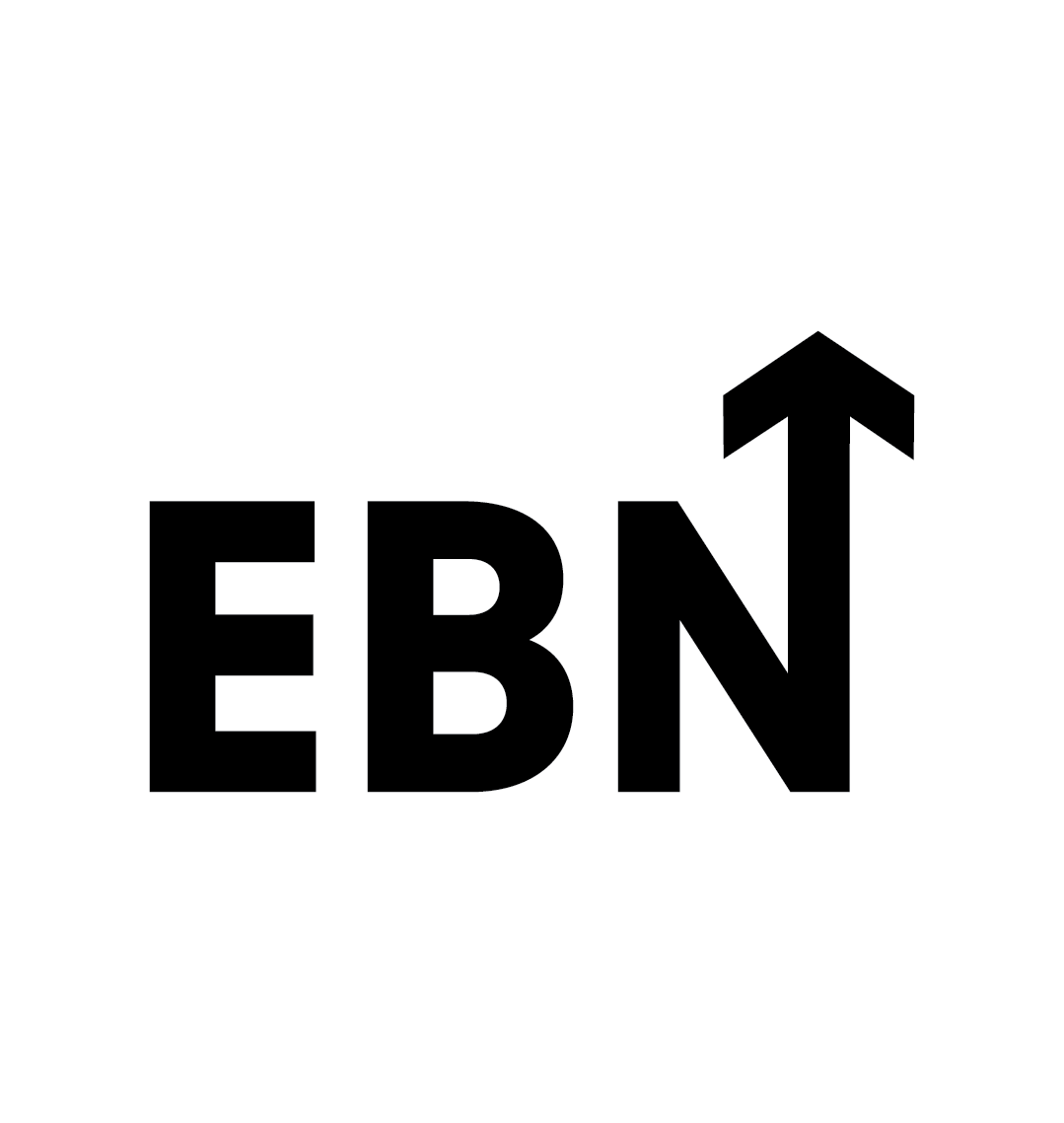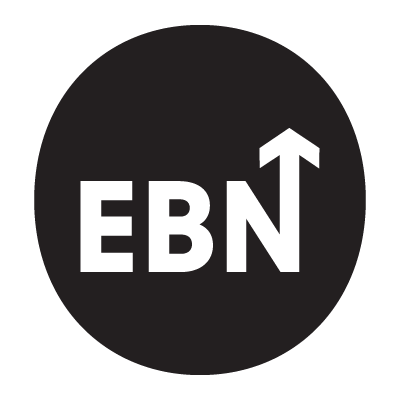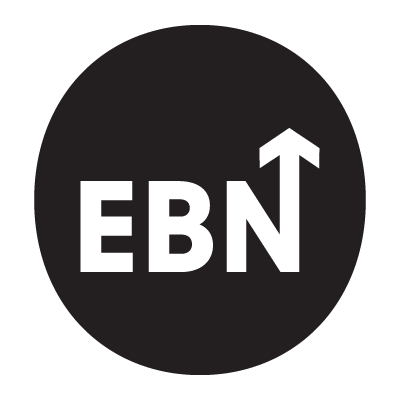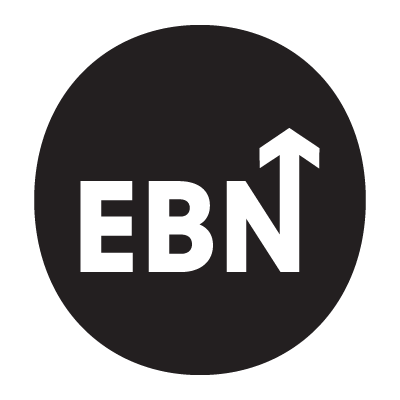Geoffrey Hinton on the Coming Storm
In this interview with Steven Bartlett on The Diary of a CEO, Geoffrey Hinton explains why he resigned from Google to speak freely about the risks of the very systems he helped build. He covers everything from deepfakes to superintelligence and automation to purpose, including a now-famous suggestion that graduates might want to consider becoming plumbers.
Momentum isn’t always progress, especially when you always end up back where you started.
Fathom helps you escape the loop. With insight, not intuition.
It’s not said for shock value. It’s said because he means it.
“AI is going to replace routine intellectual labour. Not just blue-collar jobs. White-collar jobs too.”
He separates the short-term threats (misinformation, election interference, autonomous weapons) from the long-term challenge: keeping AI aligned with human values if it becomes more intelligent than we are.
Hinton doesn’t believe a pause in development is realistic. The stakes are too high. The incentives too strong. What he calls for instead is strict, coordinated regulation that compels companies to invest in safety.
And when it comes to the labour market? He is direct. Many office jobs will disappear. Inequality will grow. A large part of society will lose the structure and meaning that work once provided.
While he’s hopeful about applications in healthcare and education, he remains, his word, agnostic about whether we will succeed in keeping AI on our side. He closes the conversation not with a prediction, but with a regret. That he didn’t spend more time with his family while helping build the thing he’s now trying to rein in.
The Day the Ladder Snapped
This isn’t a future forecast. It’s already happening.
Routine knowledge work, the kind graduates and entry-level hires used to cut their teeth on is vanishing. Tasks that once took a team now take a tool. Customer service. Research. Scheduling. Support. Replaced or compressed by systems that never sleep and don’t need supervision.
The first rung of the career ladder is gone, or going. What replaces it is still unclear.

Which raises a sharp question for employer brands: If the path in doesn’t exist anymore, what exactly are you offering?
Meet the Man with the Megaphone
Before you tune out another AI headline, it’s worth knowing who Hinton is.
He is not a media pundit. He is one of the people who made deep learning possible. His work on neural networks laid the groundwork for today’s AI models. And he is still shaping the field through research.
Helping HR, talent acquisition, employer branding, and company culture professionals find careers worth smiling about.
In 2023, he stepped away from Google, where he had worked on the company’s most advanced AI projects. But he didn’t retire. He left so he could speak freely.
“I want to talk about AI safety without considering how it interacts with Google’s business.”
That is not a mic drop. That is someone clearing their throat.
Still Researching. Just Not for Profit.
Even after his exit, Hinton remains active in research. Two recent projects are worth understanding:
1. Forward-Forward Algorithm (2023)
Hinton’s paper proposes an alternative to backpropagation, the method most AI systems use to learn. His version is simpler, more efficient and, crucially, more aligned with how humans might learn.
Why it matters:
Faster learning means smarter systems with fewer constraints. That puts more types of jobs on the table for automation. Including the kinds of knowledge work we once assumed were safe.
2. GLOM Architecture (2021–2023)
This model helps AI systems understand how parts relate to wholes. It’s an attempt to make machine reasoning more like human understanding.
Why it matters:
GLOM pushes AI toward interpreting nuance, structure and context. If successful, it means AI won't just answer your email. It could start understanding your strategy document too.
Both research streams reinforce what Hinton said on The Diary of a CEO. The tools are already here, and the displacement is not theoretical.
For Employer Brands, This Changes Everything
When your EVP promises growth, learning and development, but the entry-level job no longer exists, what are you actually offering?
Let’s take a hard look.

1. Stop Pretending the Path Still Exists
Most employer brands are still operating like it’s 2012. Graduate scheme? Check. Mentorship programme? Check. Training budget? Check.
But when those entry points vanish, these promises start to feel like hollow nostalgia.
2. Start Offering Purpose, Not Progression
If you can’t give talent a clear path, at least give them a compass. People want meaning in their work. Not fluff. Not perks. Not a wall of values. Something real.
Progression used to mean climbing. Now it might mean shifting, stretching or reinventing. Make space for that.
3. Be the Brand That Teaches Adaptability
Careers are no longer built in steps. They are built in swerves.
That means your employer brand should prioritise adaptability. Not just L&D platforms. Actual human support. Stories of reinvention. A culture that rewards pivoting, not just promotion.
The brands that thrive will be those that prepare people to move, not just up, but across.
4. Forget Safety Nets. Offer Safety Skills
Resilience. Critical thinking. Collaboration. Emotional intelligence.
These aren’t soft skills anymore. They are survival skills. And your EVP should reflect that. AI is excellent at handling certainty. People will be hired to handle the rest.
5. Bring Humanity to the Foreground
In an AI-shaped world, what stands out is your tone, your clarity and your care.
That means fewer stock phrases. More honest language. Less corporate varnish. More directness. Use your employer brand to make people feel seen, not processed.
6. Don’t Sell a Career Ladder. Sell a Survival Kit
The metaphor has changed. The ladder is gone. The map is messy. Most people feel lost.
The brands that admit this, and offer ways to explore, regroup or re-skill, will be remembered. Everyone else will feel like they’re marketing jobs that no longer exist.
7. Listen to the Builders Who Are Warning You
Hinton is still publishing research that will shape the future of AI. But he is also making time to say: this might go badly for a lot of people.
That is not fear-mongering. It is leadership.
Employer brands should take note. This isn’t a crisis to avoid. It’s a change to get ahead of.
The EVP for a World Without Rungs
You don’t need to panic. But you do need to stop pretending.
The entry-level job market is changing. Fast. And your brand either acknowledges that or becomes irrelevant. The graduate schemes, the early-career roles, the first rungs they aren’t what they used to be.
What replaces them is still in the making. But one thing is clear: employer brands that help people move forward, even when the old paths are blocked, will earn trust.
The others will be left explaining why their website still talks about climbing ladders.
Takeaways
Is Geoffrey Hinton actually saying graduate jobs are over?
Yes, in many cases, already. Hinton predicts AI will replace routine intellectual labour, the kind often assigned to early-career hires. He’s not warning about 2040. He’s pointing out that this is already happening. Research, customer support, basic analysis are all being eaten by models that don’t sleep, don’t train, and don’t need a pay rise.
Didn’t Hinton leave AI behind? Why should we still listen to him?
He didn’t leave AI. He left Google. Hinton is still publishing serious research (see Forward-Forward and GLOM) that pushes AI further into the space once reserved for humans. His warnings aren’t nostalgia for a simpler time, they’re coming from someone who’s still actively helping design the future.
If entry-level jobs are vanishing, what happens to employer branding?
It breaks, unless it adapts. You can’t keep promising mentorship and first steps if there’s no step to land on. The EVP of tomorrow can’t rely on career ladders. It needs to offer meaning, resilience, and real pathways through ambiguity.
4. What should replace the “career ladder” in our messaging?
Offer a compass, not a map. Focus on learning agility, adaptability, and purpose. Give people tools, stories and support to explore. Be the brand that teaches navigation, not the one still selling a straight line upward.
Isn’t this just a tech panic story? Won’t new jobs emerge like always?
Possibly. But that doesn’t make the transition any less brutal. The Industrial Revolution replaced muscle. AI is replacing cognition. That means the old entry points aren’t just shifting, they’re vanishing. Waiting for the dust to settle isn’t a strategy. It’s a risk.
How should our EVP actually respond to this shift?
Make it honest. Ditch the generic “growth and development” language. Build a brand that tells the truth, offers direction, and supports reinvention. Create micro-opportunities, show real human stories, and build internal mobility into your culture.
What’s the opportunity in all this?
To be the brand that doesn’t flinch. The one that sees what’s coming and helps people meet it. While others default to denial, you can design an EVP that reflects reality and builds trust. When people feel lost, the clearest voice wins.

